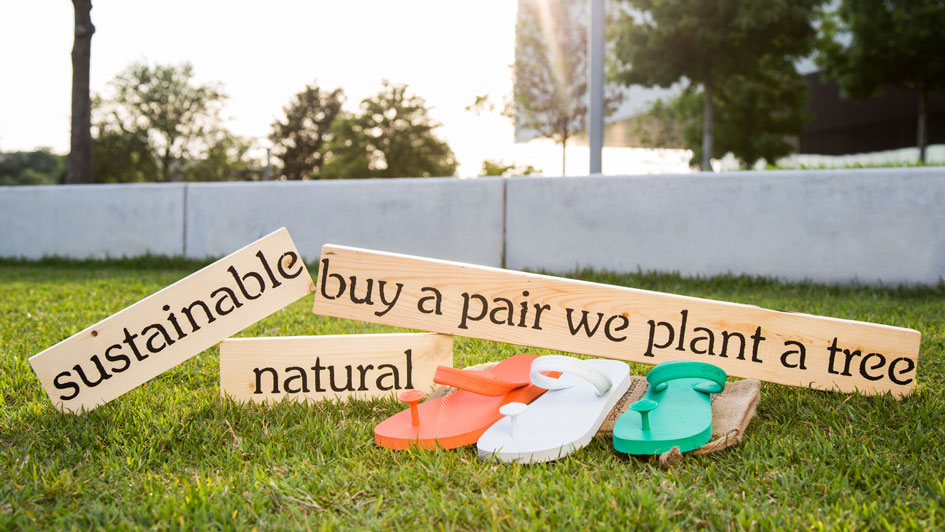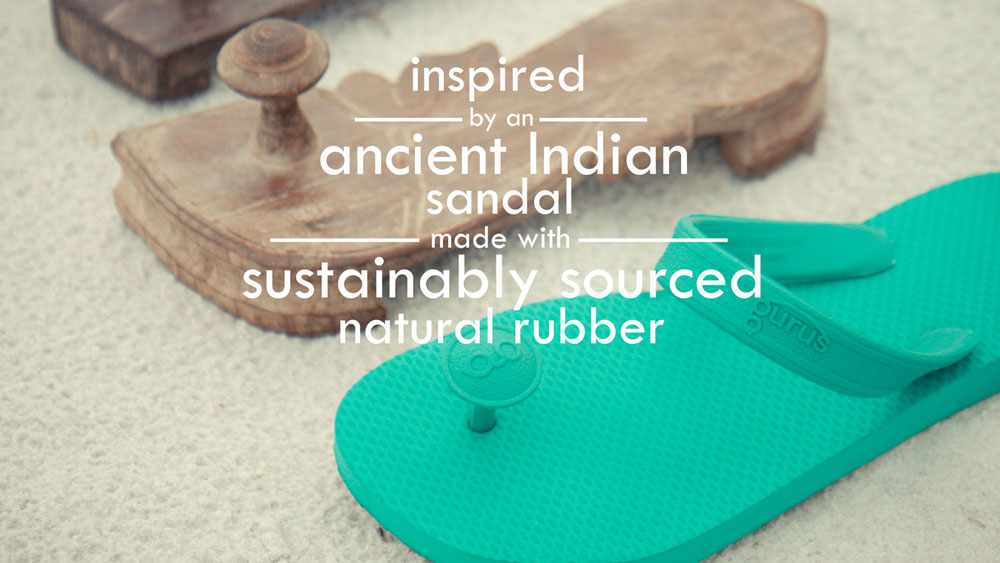
The convergence of profit and philanthropy, as it relates to business models, is becoming a very effective brand differentiator. Most companies understand that philanthropy has become inextricably linked with profit. However, a large majority of companies usually just partner with a specific cause or focus their efforts around a given time of year. That said, a vast majority of companies are starting to list corporate social responsibility as one their guiding values. Universities like Harvard have long recognized this impending shift with their Social Enterprise Conference, in it’s 15th year. According to a 2013 study done by Cone Communications, a staggering 91 percent of Americans want to see more products, services and retailers support worthy issues – up eight percentage points since 2010.
A few key points for brands to remember to achieve optimal social impact:
- Tell the story of why the brand is committed to a particular cause
- Make the commitment a guiding principle and identify new opportunities for solutions
- Show proof that your commitment is adding value
Here are three companies that are leading the way:
Gurus
This Kickstarter funded startup produces sustainably sourced rubber sandals based on an Ancient Indian tradition.
Their commitment: Buy a pair, they plant a tree.
Warby Parker
This American brand of prescription eyeglasses and sunglasses was founded in 2010.
Their commitment: For every pair of glasses purchased, the company pays for the production of a pair of eyeglasses for Vision Spring.
The Honest Co.
Started by actress Jessica Alba, the Honest Company produces sustainable and organic baby-products.
Their commitment: With every purchase, they donate goods & services to families in need through a network of non-profits.
Photo: ILoveGurus.com


